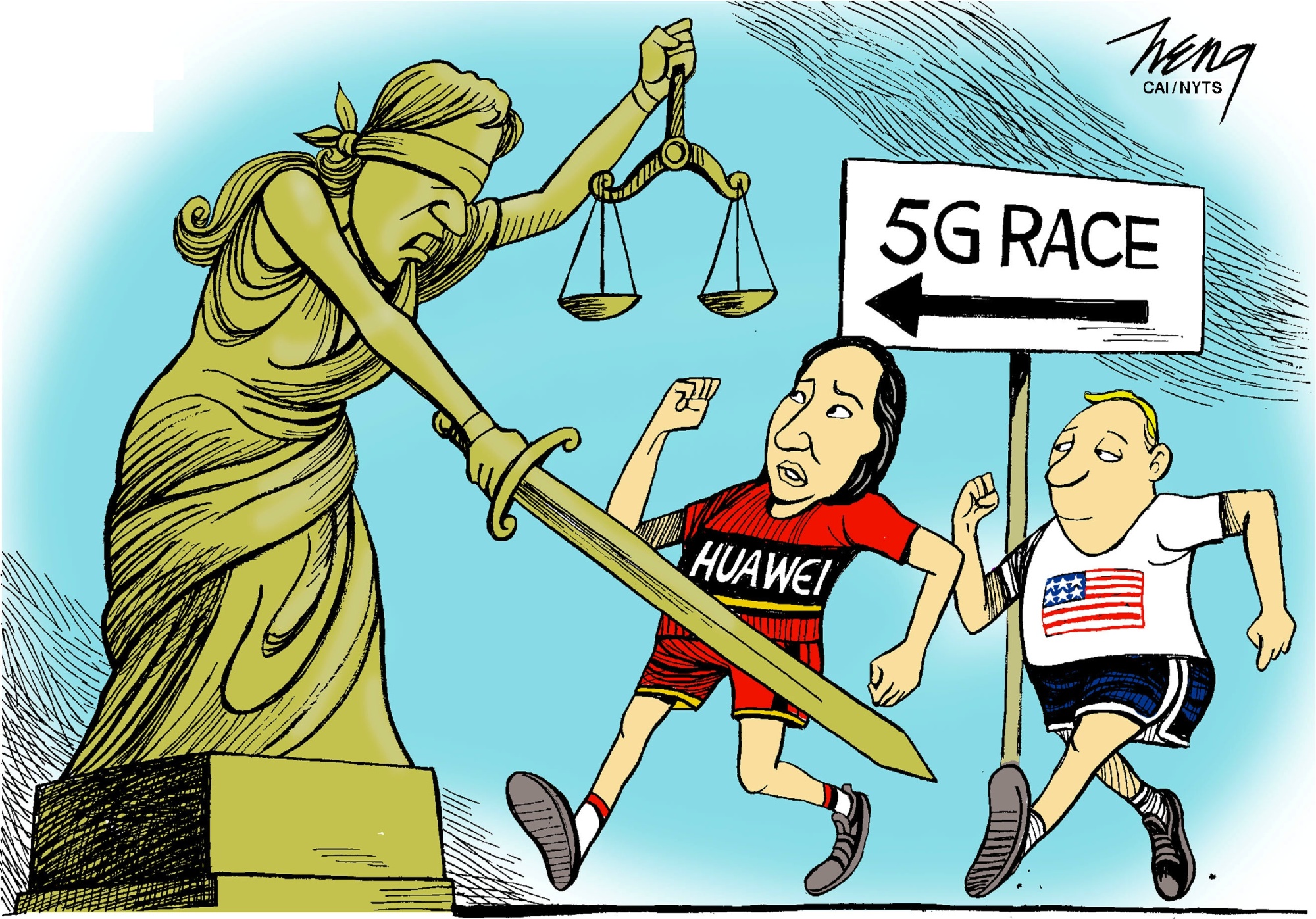Whatever Huawei Technologies Co. is doing by suing the U.S. government and six Cabinet officials, it isn't trying to win in court. The legal arguments mounted in its brief aren't based on existing precedent. Although the brief cites the U.S. Constitution, as written the arguments are barely legal at all.
The highly unusual lawsuit, filed last week in the Eastern District of Texas, reads more like a moral broadside directed at the U.S. Congress for naming Huawei as a Chinese-government affiliate and effectively blacklisting the company's telecommunications equipment — and others who use it — from U.S. government contracts.
Yet even as a moral document, the brief isn't especially compelling. It doesn't seem like a fundamental rights violation for a government to refuse to do business with a company it sees as a potential national security threat.


















With your current subscription plan you can comment on stories. However, before writing your first comment, please create a display name in the Profile section of your subscriber account page.